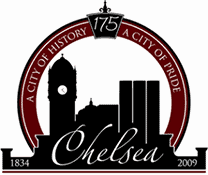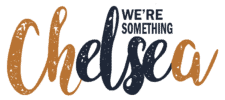Pollinators are vital to humans and our planet. One in every three bites of food we eat is courtesy of insect pollination– 85% of flowering plants depend on pollinators for reproduction. U.S. honey bee populations are declining at a stunning annual rate of 30% or more. While honey bees may be more appreciated for their pollination services because we enjoy the honey and wax they produce and they are transportable to orchards and fields, the thousands of native bee species–bumble, mining, mason, sweat, alkali, cuckoo, orchard, carder, leafcutter, carpenter, long-horned, squash, sunflower, digger, etc.–also have been declining at alarming rates, and in many cases, going extinct.
Most of the vegetables we eat are pollinated by honeybees. Even plants that are capable of self-pollination tend to produce in greater quantities when pollinated by the honeybee. Of course, there are other pollinators such as the carpenter bees and other insects, but they aren’t always as efficient as honeybees and they can often become more of a nuisance than a help.
Bees are a critical part of natural environments, and they provide a valuable service to humans when they pollinate our fruit and vegetable plants and wildflowers. Worldwide evidence suggests pollinator populations are declining due many factors, including habitat destruction. Urban areas can provide important habitat for many bee species. Honey bee numbers in North America have been declining over the past 10 years due to parasitic tracheal and Varroa mites; so making space for native bees guards against dependence on a single species. Most native bees are immune from mite attack. Bees are fun to observe! Watch a bee forage, collect pollen or sip nectar from flowers. Bumble bees, large and easy to see, can be approached relatively closely to make observations. Bees, like birds and butterflies and many other animals in our yards, give us a sense of pleasure knowing that wild organisms can make productive use of artificial urban environments.
On April 18 Chelsea City Council will discuss the possibility of exploring an ordinance to allow backyard bees in Chelsea. The initial phase will be to form a committee to explore the community’s interest in this matter and model ordinances from cities that already allow backyard bees. Show your support for council to explore this possibility by signing the form below.





